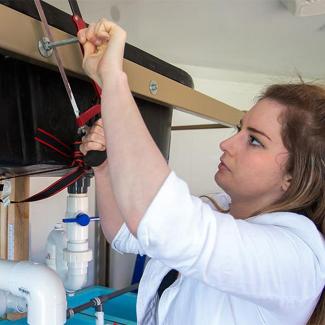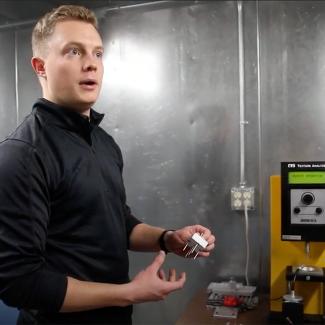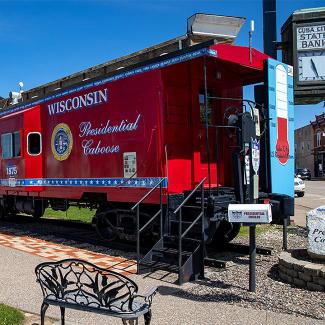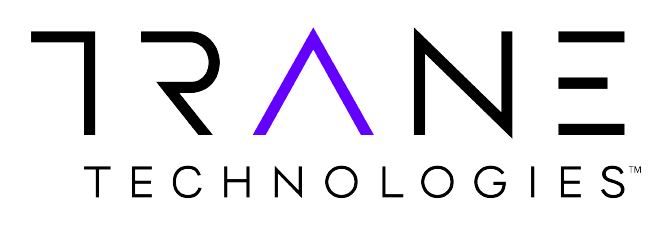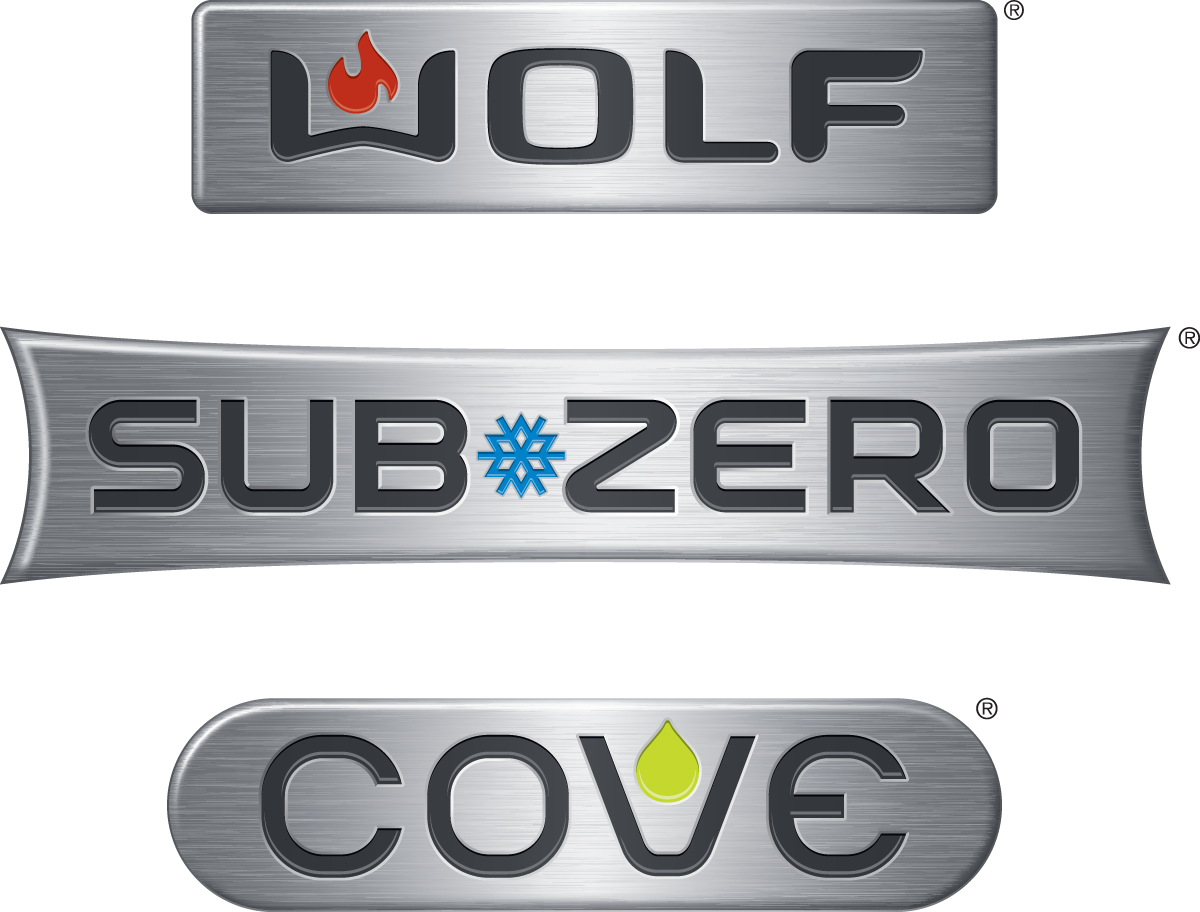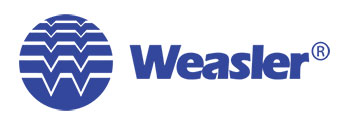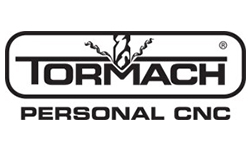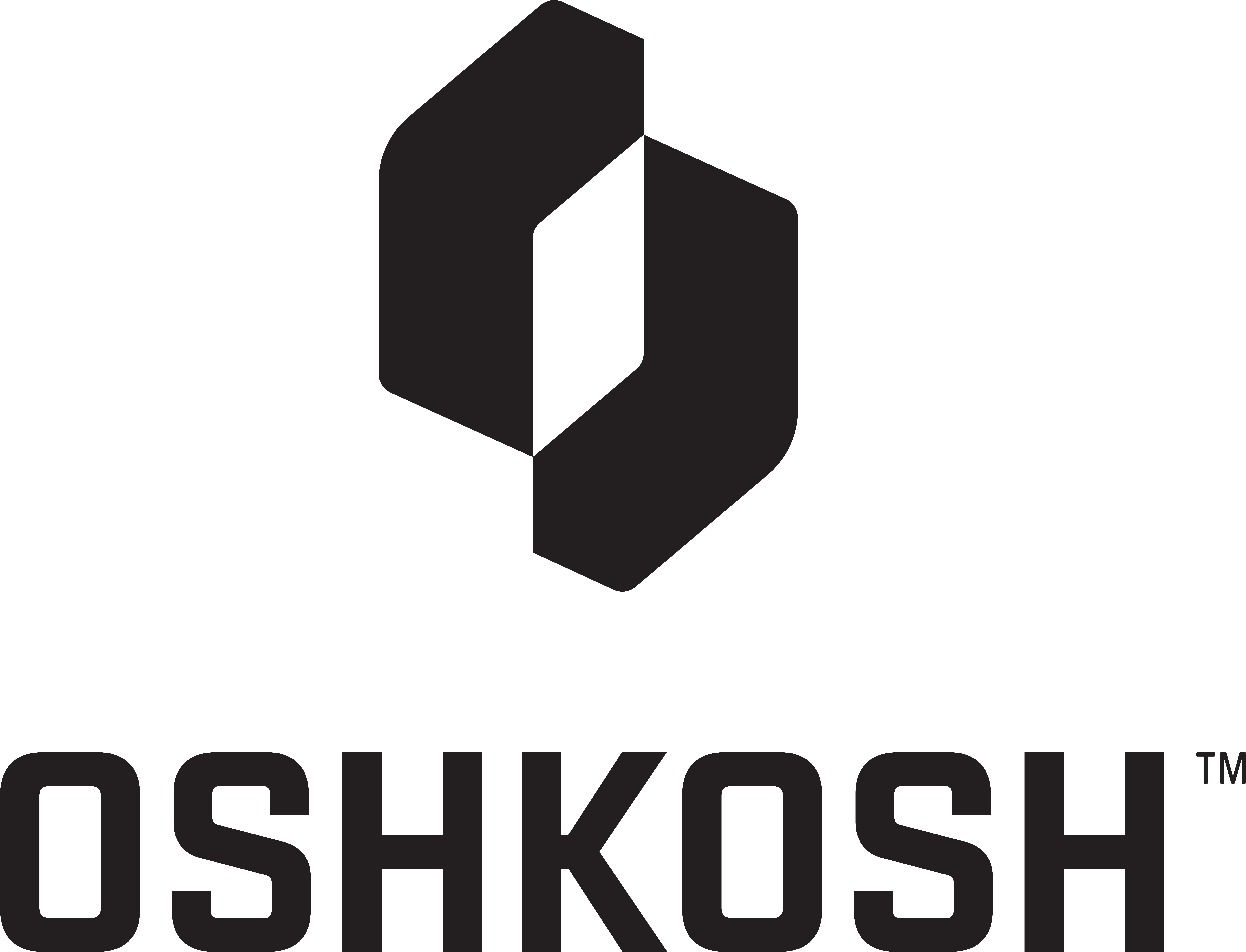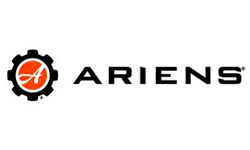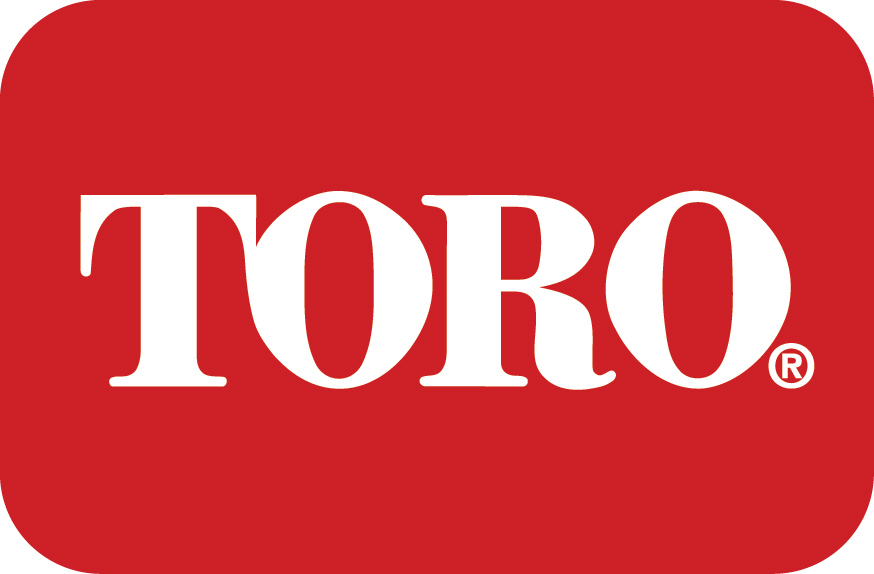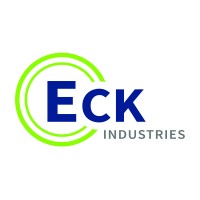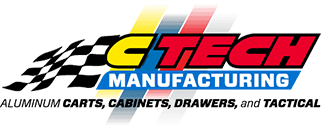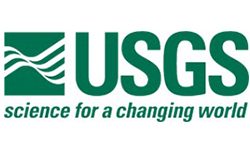Senior Design Projects
At UW-Platteville, we pride ourselves on providing students with hands-on, practical experiences to prepare them for the workforce, like our senior design projects that pair a group of students with an industry partner to solve real problems or create new products. Under the supervision of both an industry advisor and UW-Platteville faculty member, students will explore all aspects of the project, from creative development and project management to engineering ethics, product safety, copyrights and patents, robust engineering, and more. At the end of the semester, students present their results to their industry sponsor, many of whom have in the past adopted and implemented concepts from the project. Students also showcase their projects through formal presentations and posters at the Senior Design Open House.
Student Benefits
- Active problem analysis: Students develop brainstorming, problem solving, and benchmarking skills.
- Design analysis: Students design processes, standards, and experiments, and use leading CAD and analysis software.
- Innovation: Students gain exposure to intellectual property, patent, and copyright law essentials.
- Teamwork: Many of the students’ design projects are performed as a team, and some involve interdisciplinary projects and teams. This experience of collaborative problem-solving, respectful interaction, and coordination to achieve a shared goal, allows engineers-to-be to develop important teamwork skills valued by employers.
- Strong communication skills: Students present their ideas in writing and in oral presentations and use graphic and multimedia tools in the design process to create project posters, presentation visuals, and reports.
- Project management: Student project managers develop the organizational and people skills needed to build trust and communication among all of the project's members.
- Improved marketability: By having real-world engineer responsibilities, students improve their marketability in the workforce upon graduation.
- Work with a potential employer: Throughout the experience, students are exposed to the client’s products, engineering practices, and work culture, allowing them to learn more about how to work with a potential employer.
Industry Partner Benefits
- Dedicated team of students and faculty advisor to work on your project
- Opportunity to work with, mentor, and train potential future employees
- Support of a hands-on education for students
- Gain a new perspective on design challenges
- Build brand recognition on campus
-
Each discipline provides its students with a capstone or senior design course in which they practice the skills they have learned while applying those skills to an open-ended problem. At UW-Platteville, engineering disciplines include the following:
- Civil and Environmental Engineering
- Engineering Physics
- Electrical Engineering
- Industrial Engineering
- Mechanical Engineering
- Software Engineering
- Sustainability and Renewable Energy Systems
-
The best projects have an engaged corporate partner that will act as a project mentor and will benefit from the work being performed. The scope of the project is important to establish such that the project can be completed by the student team.
Projects must have a significant design component and require analysis of the problem. Ideally, students will be able to engage in hands-on tests, experiments, or prototyping. At the end of the semester, the project team will deliver its final presentation to a diverse audience of stakeholders.
-
For companies seeking to create a senior design project, a good rule of thumb for an entry-level project would be to choose something that you might assign to a new engineer that requires two to three weeks of continuous work. This seems to be appropriate for a team that is learning to work together on a realistic problem while balancing other coursework.
Typically, senior design courses occur in all disciplines, and are semester-long, or 16 weeks (Software and Electrical Engineering offer year-long senior design, or 32 weeks). We find that many projects are interdisciplinary and are rarely entirely mechanical or entirely industrial or electrical, but rather require that students pull from an array of skills. We can work with you to find the best fit or form an interdisciplinary student team.
Projects are assigned to teams in the first week of the semester, which is typically the first week of September for the fall semester, and the third week of January for the spring semester. We prefer that projects be lined up at least two weeks before the start of the semester, but we will usually continue to accept project proposals until the first day of classes, when possible.
If you have a project idea that would be better suited to a longer time frame, we have the ability to form the team early and begin research and design during the previous semester.
For questions about designing a project, contact John Fick at 608.342.7528 or email fickj@uwplatt.edu.
-
For companies seeking to create a senior design project, a good rule of thumb for an entry-level project would be to choose something that you might assign to a new engineer that requires two to three weeks of continuous work. This seems to be appropriate for a team that is learning to work together on a realistic problem while balancing other coursework.
Typically, senior design courses occur in all disciplines, except Software Engineering, and are semester-long, or 16 weeks. We find that many projects are interdisciplinary and are rarely entirely mechanical or entirely industrial or electrical, but rather require that students pull from an array of skills. We can work with you to find the best fit or form an interdisciplinary student team.
Projects are assigned to teams in the first week of the semester, which is typically the first week of September for the fall semester, and the third week of January for the spring semester. We prefer that projects be lined up at least two weeks before the start of the semester, but we will usually continue to accept project proposals until the first day of classes, when possible.
If you have a project idea that would be better suited to a longer time frame, we have the ability to form the team early and begin research and design during the previous semester.
For questions about designing a project, contact John Fick at 608.342.7528 or email fickj@uwplatt.edu.
